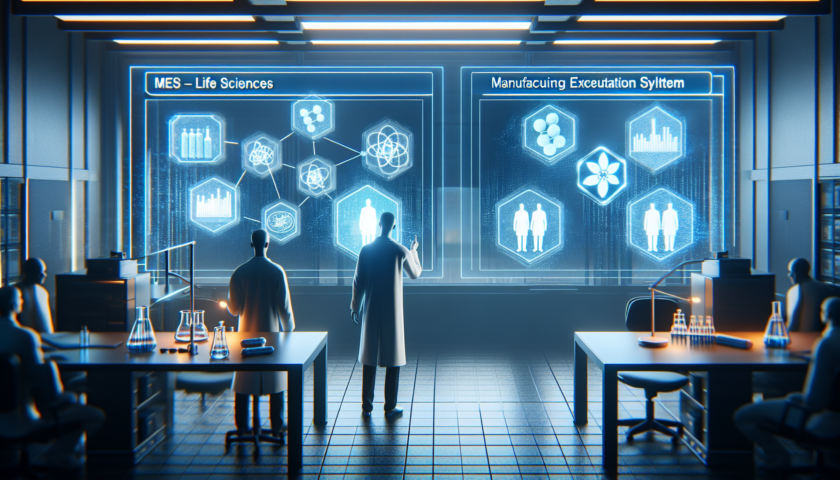IIoT (Industrial Internet of Things) refers to the network of interconnected devices, sensors, and machines in industrial settings. It enables the collection, analysis, and sharing of data to improve efficiency, productivity, and decision-making. AI (Artificial Intelligence) can be integrated with IIoT to enhance manufacturing processes in several ways:
- Predictive Maintenance: By combining IIoT data with AI algorithms, manufacturers can predict equipment failure or maintenance needs in advance. This allows for proactive maintenance, minimizing downtime and optimizing the use of resources.
- Quality Control: AI can analyze real-time data from IIoT sensors to identify patterns and anomalies that indicate manufacturing defects or deviations from quality standards. Manufacturers can then take corrective actions in real-time, reducing waste and improving overall product quality.
- Optimized Production: AI algorithms can analyze data from IIoT devices to optimize production schedules, inventory management, and supply chain logistics. This helps manufacturers improve resource allocation, reduce costs, and increase overall production efficiency.
- Intelligent Automation: AI and IIoT integration enable intelligent automation in manufacturing processes. AI algorithms can make real-time decisions based on sensor data, controlling machines and processes more efficiently and autonomously. This can lead to increased productivity, improved consistency, and reduced human error.
- Product Innovation: By analyzing data gathered from IIoT devices, AI can identify new product opportunities, market trends, and customer preferences. Manufacturers can leverage this information to develop innovative products and enhance customer satisfaction.
In summary, the combination of IIoT and AI in manufacturing allows for improved predictive maintenance, enhanced quality control, optimized production, intelligent automation, and product innovation. This integration can drive operational excellence, cost savings, and competitive advantages in the manufacturing industry.
OPEN Source IIoT & AI
When it comes to leveraging IIoT and AI, there are several open-source technologies that can be beneficial. Here are some of the best open-source technologies to consider:
- Node-RED: Node-RED is a flow-based programming tool that allows users to easily connect IIoT devices, sensors, and systems. It provides a graphical interface for creating event-driven applications and workflows, making it ideal for building IIoT solutions with AI integration.
- Eclipse IoT: Eclipse IoT is a set of open-source projects that provide a framework and tools for developing and deploying IIoT solutions. It offers various components for device connectivity, data storage, device management, and analytics, which can be customized to incorporate AI capabilities.
- TensorFlow: TensorFlow is a popular open-source machine learning framework developed by Google. It offers a comprehensive ecosystem for building and deploying AI models, including support for deep learning and neural networks. TensorFlow can be used to train AI models using data collected from IIoT devices and sensors.
- Apache Kafka: Apache Kafka is an open-source distributed streaming platform that allows for real-time data ingestion, processing, and integration. It can be used to handle the high volume and velocity of data generated by IIoT devices, making it an excellent choice for building scalable AI-enabled IIoT systems.
- InfluxDB: InfluxDB is an open-source time series database that is optimized for handling large amounts of timestamped data. It is well-suited for storing and analyzing time-series data generated by IIoT devices. By integrating InfluxDB with AI frameworks, you can perform real-time analytics and gain valuable insights from the IIoT data.
- Apache Spark: Apache Spark is a fast and general-purpose open-source distributed computing system. It includes libraries for machine learning (MLlib) and stream processing (Spark Streaming), making it a powerful tool for processing and analyzing streaming data from IIoT devices and applying AI algorithms.
These open-source technologies provide a solid foundation for building AI-enabled IIoT solutions. By leveraging their functionalities and capabilities, you can create scalable, customizable, and cost-effective systems that combine the power of IIoT and AI.




